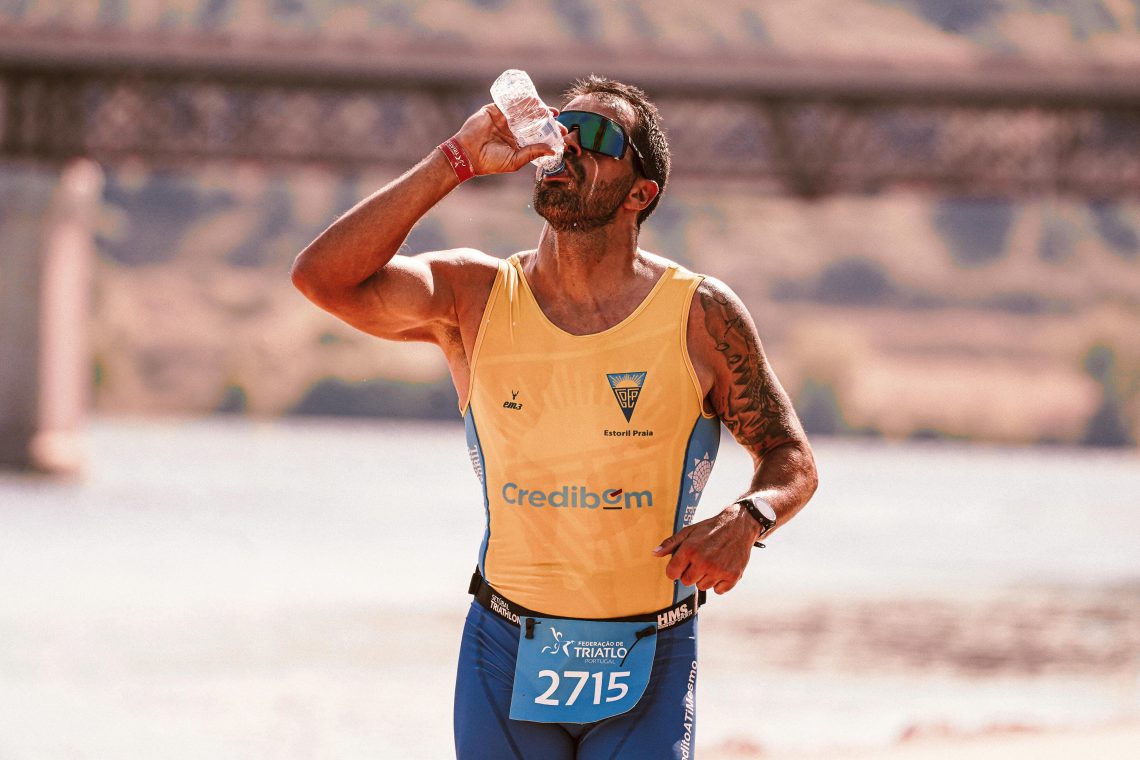For an athlete, drinking water is a component that helps their quest for top performance in the sport they play. It’s not just about quenching thirst but also improving physical abilities and keeping good health.
In fact, about 60% of our bodies are made of water. This shows how important hydration is for all functions in our body, from circulating blood and regulating temperatures to helping with muscle movements during exercise or physical activities like running or jumping around. When athletes do not drink enough liquids, it may reduce their endurance, strength and thinking capacity; factors that significantly affect how they perform in sports activities.
In this post, we are going to look at the key points about hydration. We will discuss signs that show someone is dehydrated and how best to rehydrate. as well as specific methods of maintaining fluid balance for various sports.
Signs of Dehydration
Dehydration can unexpectedly affect even experienced athletes, negatively impacting their health and performance. It’s important to catch these signs quickly to stay in top shape. Feeling thirsty is often the first hint that the body needs more water.
It’s also crucial to check the color of your urine; a darker color can mean you’re not drinking enough water. Experiencing fatigue or dizziness while exercising can also be a sign that you need to hydrate immediately.
Ways to Rehydrate
Athletes have various effective methods for rehydrating. Water is fundamental for maintaining fluid balance and supporting peak performance before, during, and after exercise.
Electrolyte supplements are useful for those requiring a stronger solution. For instance, choosing the best electrolyte powder can help to replace the essential minerals that you lose whenever you sweat during exercise. This enhances how well your body retains hydration.
Also, eating foods with high water content like watermelon, cucumbers and oranges provides a natural way to get fluids and electrolytes that boost your hydration.
Hydration Before and During Exercise
For proper performance, it’s important to hydrate well before and during physical activity. Before any sports or exercise, athletes must adjust their water consumption according to their body weight and expected workout intensity.
Hydrating a few hours beforehand helps in keeping a normal body temperature and carrying nutrients while at strenuous activity. Drinking small quantities of water before exercising maintains optimal performance and assists with recovering after exercise.
When you are exercising, it is good to not only drink water but also consume sports drinks regularly in order to compensate for any fluid loss due to sweating. This ongoing consumption of liquids and electrolytes helps muscles by making sure you have a consistent supply, which is needed for preventing cramps and maintaining good muscle function.
Post-Exercise Hydration
When exercising ends, recovery in your body begins. It is essential to replace the fluids and electrolytes that have been lost. Drinking water and electrolytes after a workout helps repair muscles and refill energy, helping in the recovery process.
Athletes need to rehydrate and replenish electrolytes after their exercise is done, to promote good recovery and prepare for the next workout or event.
Hydration for Different Types of Sports
Various sports put different requirements on the body, so they need specific ways of staying hydrated. For example, athletes who do endurance activities such as running marathons or cycling, need to keep taking in fluids all the time because they sweat a lot for long periods of time.
On the other hand, strength-focused athletes like those who do weightlifting or sprinting can benefit from carefully planned hydration to keep their power levels up and avoid muscle tiredness. Tailoring hydration plans to match the unique requirements of each activity enhances results and reduces chances for dehydration-linked issues.
Monitoring Hydration Levels
Monitoring hydration levels effectively relies on regularly checking how hydrated someone is. Easy ways, like watching urine color (it should ideally be pale yellow) and keeping track of weight changes, give important information about fluid balance.
This vigilance allows athletes to optimize their hydration routines, adapting them in real time to maintain peak physical condition. Such proactive monitoring helps not just with performance, but also keeps an eye on possible health dangers connected to dehydration. If athletes include these methods in their training routine, they can ensure they stay hydrated and prepared for the best performance.
Final Thoughts
Hydration is not a passive part of the preparation for sports, it’s an active tactic that can greatly influence how one performs. If you know the indications of dehydration and use suitable plans to keep hydrated in your sport, along with careful observation of fluid levels, athletes become strong enough to perform at their best ability.
So, if you are preparing for a marathon or going to the gym for a strength training session, always keep in mind that being hydrated will assist in achieving great success as an athlete.
Read more lifestyle and sports articles at ClichéMag.com
Images provided by Deposit Photos, BingAI, Adobe Stock, Unsplash, Pexels, Pixabay & Creative Commons




